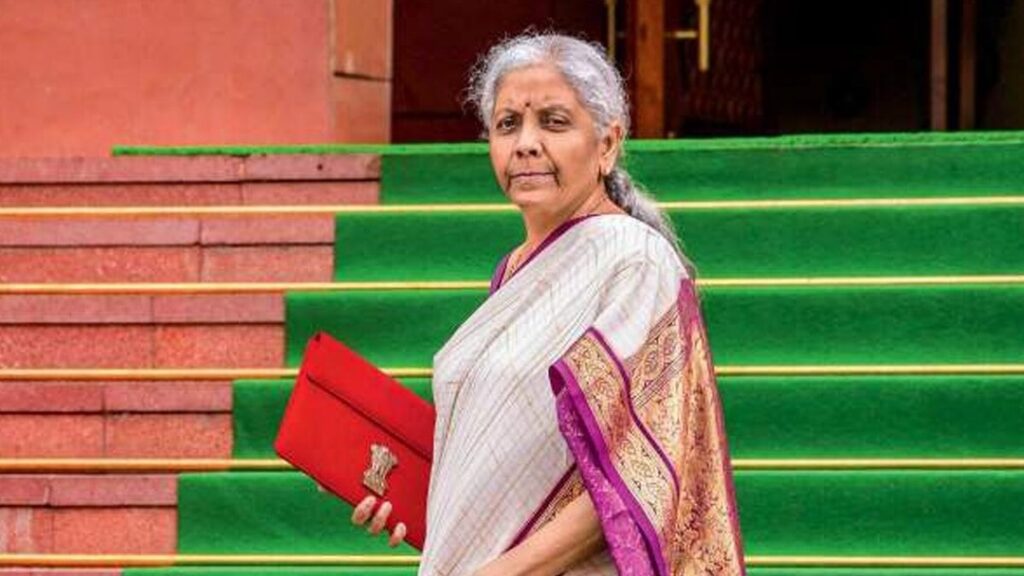The Union Budget 2025 is expected to introduce significant reforms, particularly in the realm of direct taxation, with a focus on simplifying the tax system and promoting transparency. One of the key changes under consideration is the implementation of the Direct Tax Code (DTC), a comprehensive set of reforms designed to replace the existing Income Tax Act, which has been in place since 1961. The DTC is seen as an attempt to modernize the tax system by aligning it with global standards, reducing litigation, and offering greater clarity.

Source:- bbc news
Key proposed changes under the DTC include a reduction in the number of tax slabs, adjustments to the taxation of long-term capital gains, and the introduction of new provisions related to business taxes. The government may also look at eliminating exemptions and deductions, making the system more streamlined. This would lead to fewer complications for taxpayers and improve compliance, especially with the rise of digital tax filings.
Source:- news 18
The DTC aims to enhance ease of doing business by creating a more predictable tax environment for domestic and international investors. Taxpayers will benefit from clearer guidelines and potentially lower rates, contributing to increased disposable income and consumption.
Additionally, tax avoidance practices could be targeted more effectively under the DTC, with provisions designed to address issues such as transfer pricing and offshore tax evasion. Overall, the budget reforms could lead to a more efficient and equitable tax system, fostering greater economic growth and boosting investor confidence.
In conclusion, the Union Budget 2025 is likely to bring about a major shift in India’s tax landscape. The proposed changes in direct taxation, particularly through the Direct Tax Code, could be a key step toward creating a more transparent, efficient, and investor-friendly system.
Share your views in the comments

